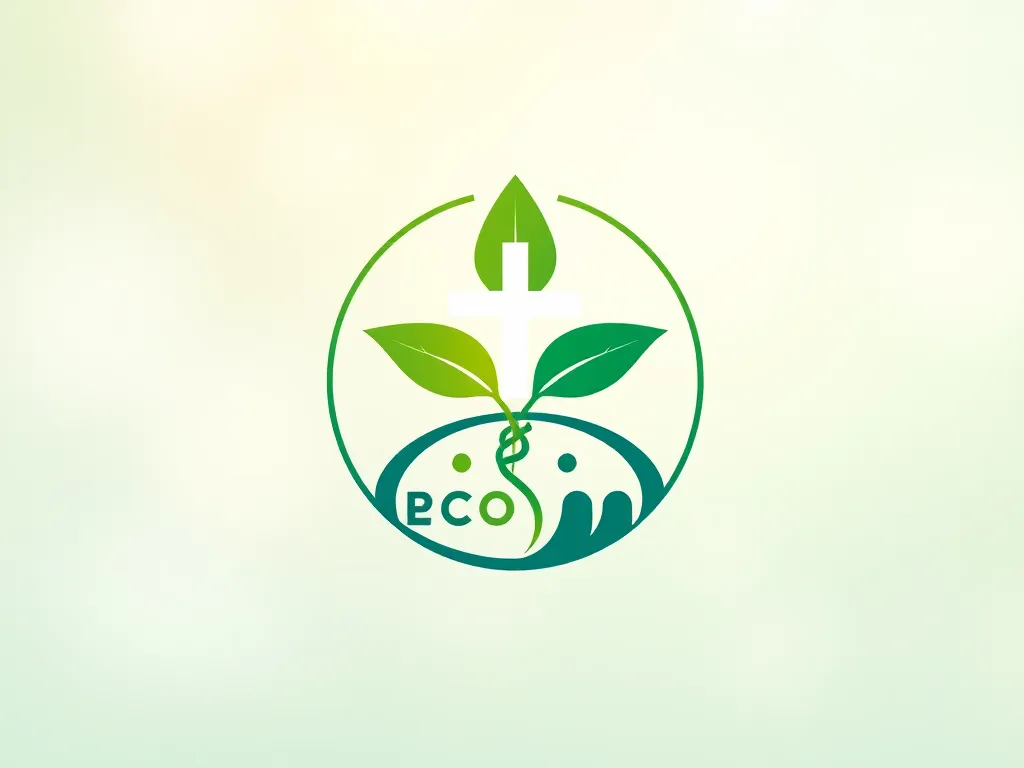Top Strategies for Effective Relapse Prevention Techniques

Understanding Relapse Prevention: Key Strategies for Lasting Recovery
Relapse Prevention is a crucial aspect of recovery for individuals battling addiction, specifically in the long-term management of substance use disorders. It is a strategic approach that aims to empower individuals to maintain their sobriety and avoid the risk of returning to harmful behaviors. Through understanding and addressing the factors that contribute to relapse, individuals can build a more resilient path towards recovery and ultimately achieve a healthier lifestyle.
Effective Relapse Prevention is not merely about abstinence; it's about fostering a comprehensive awareness of personal triggers, stressors, and emotional responses. A strong focus on Relapse Prevention encourages individuals to develop coping skills and strategies, ensuring that they can navigate life's challenges without reverting to old patterns. This proactive stance not only enhances emotional regulation but also strengthens the overall recovery process.
Relapse Prevention strategies can vary widely, but they commonly involve a combination of psychological tactics, support systems, lifestyle changes, coping mechanisms, and long-term planning. These elements work synergistically to provide a robust framework for individuals striving to achieve lasting recovery and manage the complexity of their addiction effectively.
Furthermore, successful Relapse Prevention requires ongoing commitment and participation in one's recovery journey. This might include ongoing therapy, maintaining a support network, and continually reassessing personal goals and triggers. Ultimately, individuals can construct a tailored Relapse Prevention plan that resonates with their unique experiences and needs.
Effective strategies for maintaining long-term recovery often involve comprehensive approaches to Relapse Prevention, addressing triggers and coping mechanisms.
By implementing effective Relapse Prevention strategies, individuals are significantly increasing their chances of sustaining their recovery, enjoying improved mental health, and leading fulfilling lives free from the grips of addiction.
Psychological Strategies for Relapse Prevention
Cognitive Behavioral Techniques play a pivotal role in Relapse Prevention by helping individuals identify and change negative thought patterns that contribute to substance use. By recognizing distorted thinking and replacing it with healthier beliefs, individuals can reduce the likelihood of relapse and improve their coping abilities.
Mindfulness and Meditation are also powerful psychological strategies that can aid in Relapse Prevention. These practices encourage individuals to remain present, cultivate self-awareness, and develop an understanding of their feelings and urges without succumbing to them. This heightened awareness often leads to better decision-making in moments of temptation.
Building Emotional Resilience is another essential psychological strategy. Developing skills to manage stress, adapt to change, and navigate life's challenges can significantly decrease the risk of relapse. Resilient individuals are empowered to handle setbacks more effectively and maintain their commitment to recovery even in difficult times.
Identifying Triggers and Patterns is a crucial component of personalized Relapse Prevention. Understanding specific circumstances, emotions, or social situations that lead to cravings can equip individuals with the knowledge necessary to avoid or manage these triggers proactively.
Support Systems in Relapse Prevention
The Role of Therapy in Relapse Prevention cannot be overstated. Therapeutic support, whether through individual or group sessions, provides a safe environment for individuals to explore their emotions, develop coping strategies, and address underlying issues contributing to their addiction.
The Importance of Support Groups is another vital aspect of maintaining sobriety. Engaging with peers who are experiencing similar struggles can foster a sense of belonging, accountability, and shared experience, which are critical elements in sustaining recovery.
Involvement of Family and Friends in the recovery process can significantly enhance Relapse Prevention efforts. Educating loved ones about addiction and relapse can empower them to provide informed support and encouragement while also understanding how to respond effectively during challenging times.
Professional Guidance and Coaching can help individuals create a structured plan for Relapse Prevention. Coaches can offer tailored advice, check-ins, and motivation, ensuring that participants remain focused on their recovery goals while managing potential pitfalls along the way.
Healthy Lifestyle Choices for Sustaining Recovery
Nutritional Impact on Recovery is profound. A balanced diet rich in essential nutrients can significantly improve mental health, mood stability, and overall well-being, which are all essential for minimizing relapse risk.
Benefits of Regular Exercise cannot be overlooked either. Physical activity promotes the release of endorphins, improves mental clarity, and helps manage stress, all of which are essential for maintaining a healthy lifestyle that supports long-term recovery.
Sleep Hygiene for Mental Health is critical as well. Quality sleep restores physical and mental health, enhances emotional regulation, and equips individuals with the physical resilience needed to confront daily challenges, thereby reducing the risk of relapse.
Substituting Negative Habits with healthier alternatives—like engaging in hobbies, social activities, or creative outlets—can effectively replace the void left by addiction, making it easier for individuals to maintain their recovery without craving the substance they abused.
Coping Mechanisms for Relapse Prevention
Developing Stress Management Techniques serves as a valuable tool in Relapse Prevention. Techniques such as deep breathing, yoga, and journaling can help individuals effectively lower their stress levels and reduce cravings during challenging times.
Developing Healthy Outlets for emotions, such as through art, music, or physical activity, can also provide individuals with constructive ways to express their feelings instead of turning to substances. Engaging in these activities fosters emotional processing and personal growth.
Problem-Solving Skills are essential for navigating challenges that may arise during recovery. Individuals who have a structured approach to problem-solving can better tackle unexpected difficulties and minimize emotional distress that could otherwise lead to relapse.
Creating a Relapse Prevention Plan provides a proactive framework for mental preparedness. This plan should outline specific situations that may trigger cravings and identify personalized strategies for managing those cravings effectively and safely.
Long-term Strategies for Effective Relapse Prevention
Setting Achievable Recovery Goals is vital for maintaining motivation and focus. Individuals should break their journey into smaller, measurable milestones that not only make the path less daunting but also provide frequent opportunities for celebrating success.
Tracking Progress and Setbacks allows individuals to reflect on their recovery journey continuously. Detailed records help in identifying patterns and potential areas for improvement while reinforcing positive changes and habits.
Continued Education and Self-Improvement play a significant role in lifelong recovery. Engaging with literature, workshops, and courses on addiction, personal growth, and mental health can equip individuals with tools and knowledge that bolster their prevention efforts.
Creating a Personal Empowerment Plan emphasizes self-efficacy, enabling individuals to take charge of their recovery. This plan serves as a reminder of their strengths, achievements, and commitment to a sober lifestyle, all of which are essential in preventing relapse.
